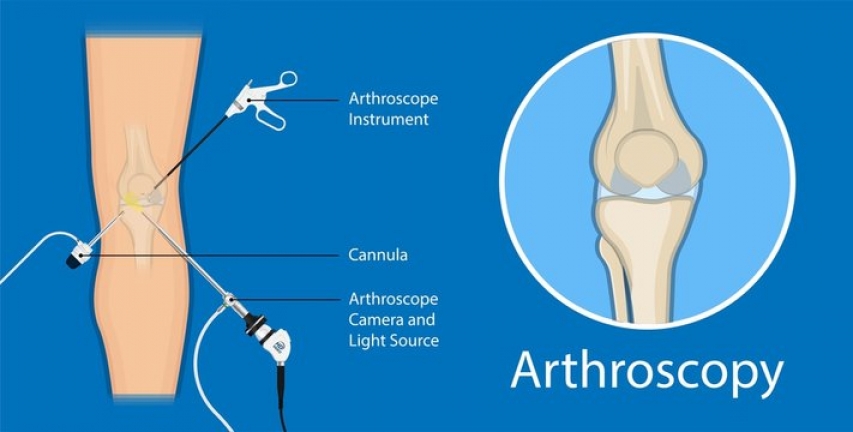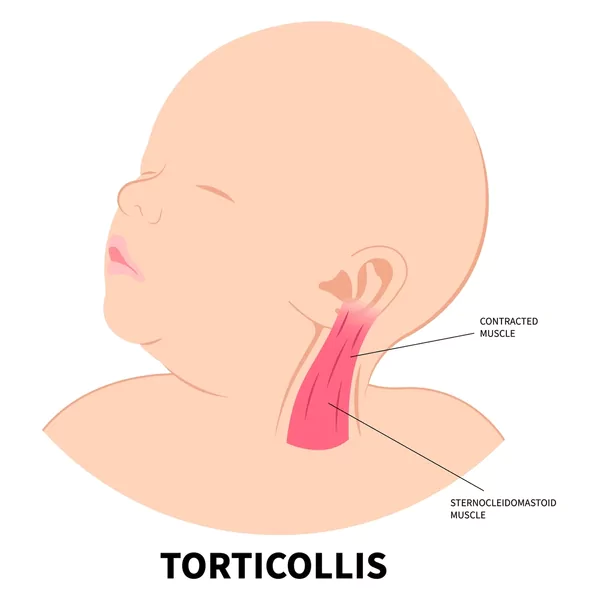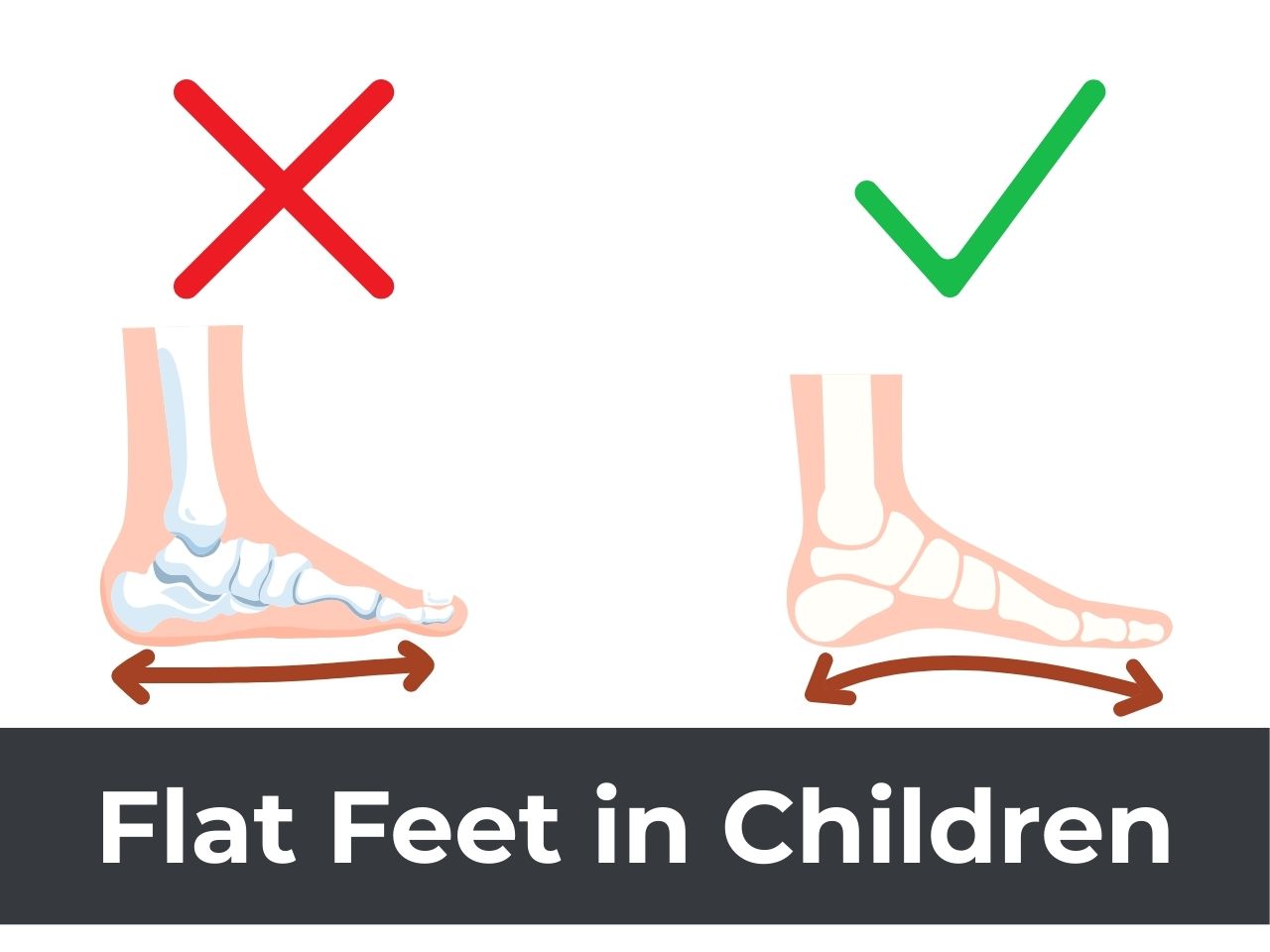Brief Overview of Knee Arthroscopy
Knee arthroscopy, a minimally invasive surgical procedure, has transformed the field of orthopedics. It allows for the diagnosis and treatment of various knee conditions with minimal discomfort and shorter recovery times.
Knee pain and discomfort can be more than just a minor inconvenience; they can significantly impact your daily life, from the simplest tasks to your ability to engage in activities you love.
Knee conditions, such as osteoarthritis, ligament injuries, meniscus tears, and cartilage damage, can be challenging to manage.
However, thanks to advances in medical technology and techniques, there is a minimally invasive solution that offers both diagnosis and treatment: knee arthroscopy.
In this comprehensive guide, we will delve into the world of knee arthroscopy, exploring its significance in managing knee conditions and how it can help you regain mobility and improve your quality of life.

Understanding Knee Conditions
Before we dive into knee arthroscopy, let’s first understand the knee conditions it addresses.
Common Knee Conditions
- Osteoarthritis: Osteoarthritis is a degenerative joint condition that often affects older adults. It results from the gradual wear and tear of the knee joint, leading to pain, stiffness, and reduced flexibility.
- Ligament Injuries (ACL, PCL, MCL): Ligament injuries, such as those involving the anterior cruciate ligament (ACL), posterior cruciate ligament (PCL), or medial collateral ligament (MCL), are common among athletes and can result in instability, pain, and discomfort.
- Meniscus Tears: The meniscus is a wedge-shaped cartilage in the knee that can tear due to sudden twisting motions. A meniscus tear can lead to pain, swelling, and limited movement.
- Cartilage Damage: Damage to the knee’s articular cartilage can result from trauma or wear and tear. Cartilage damage can lead to pain, swelling, and a decrease in joint function.
Symptoms and Effects on Mobility
The symptoms of knee conditions can vary, but they often include:
- Pain: Persistent knee pain, especially during movement or weight-bearing activities.
- Swelling: Swelling around the knee joint, which may be accompanied by warmth and redness.
- Stiffness: Difficulty in bending or straightening the knee.
- Instability: Feeling that the knee is giving way or being unable to fully support your weight.
These symptoms can significantly impact your mobility, making it challenging to perform everyday tasks or engage in physical activities.
Seeking timely diagnosis and treatment is crucial to address these issues effectively.

Knee Arthroscopy: What Is It?
Definition and Explanation of Knee Arthroscopy
Knee arthroscopy, often referred to as “keyhole surgery” or “minimally invasive surgery,” is a surgical procedure used to diagnose and treat a wide range of knee problems.
It involves the use of a small camera called an arthroscope and specialized instruments, which are inserted through small incisions in the knee.
How It Differs from Traditional Knee Surgery?
Knee arthroscopy offers several advantages over traditional open surgery, including:
- Minimal Incisions: Arthroscopy involves only small incisions, resulting in smaller scars and less post-operative pain.
- Quicker Recovery: Patients typically experience a faster recovery and return to regular activities compared to traditional surgery.
- Precise Diagnosis: Arthroscopy allows for precise diagnosis by providing a clear view of the inside of the knee joint.
Diagnosis of Knee Conditions
- Physical Examination and Medical History
Thorough physical examinations and a detailed medical history assessment are essential steps in identifying the underlying causes of knee pain and dysfunction.
- Imaging Tests
- X-rays: These provide valuable insights into the knee joint’s structure.
- MRI (Magnetic Resonance Imaging): MRIs offer detailed images of soft tissues, facilitating the diagnosis of conditions like meniscus tears.
- CT Scans: CT scans can provide further clarity when a more detailed view is required.
- Importance of Accurate Diagnosis in Treatment Planning
Accurate diagnosis forms the foundation of effective treatment. It enables our arthroscopic surgery doctors in Thane to develop a tailored treatment plan designed to address your specific condition.
Knee Arthroscopy Procedure:
- Pre-operative Preparations
Our dedicated team ensures you are well-prepared for the procedure. We address any concerns you may have and provide detailed explanations of what to expect during the entire process.
- Anesthesia Options
We offer a range of anesthesia options, including local, regional, or general anesthesia, depending on your individual needs and the complexity of the procedure.
- The Arthroscopic Surgery Process
In this section, we provide a detailed overview of the surgical procedure itself, from making small incisions to inserting the arthroscope and performing necessary repairs.
- Potential Complications and Risks
While knee arthroscopy is generally a safe procedure, we take the time to discuss potential complications and risks with our patients, ensuring they are well-informed about the procedure.
Stay tuned for the continuation of this comprehensive guide, where we will explore treatment options, recovery, benefits, patient stories, and the future of knee arthroscopy. At Pinnacle Orthocentre Hospital, we are your trusted partners in achieving better knee health. Don’t let knee pain hold you back.
Recovery and Rehabilitation:
Post-operative care is essential for a successful recovery. Pinnacle Orthocentre Hospital offers tailored rehabilitation programs led by skilled physical therapists.
We outline the expected recovery timeline and provide valuable tips for a smooth and efficient rehabilitation process. Our goal is to help you regain your mobility and return to your daily activities.
Benefits and Potential Outcomes:
Choosing knee arthroscopy at our Arthroscopic Surgery Hospital in Thane can lead to pain relief, improved mobility, and the prevention of further knee damage.
With a team of dedicated professionals, we consistently achieve high success rates in our procedures, ensuring you receive the best possible care.
Future Directions in Knee Arthroscopy:
As a leading Arthroscopic Surgery Hospital in Thane, we stay at the forefront of medical advances. We are excited about the future of knee arthroscopy, which includes cutting-edge technology and potential breakthroughs in knee condition treatments. Your health and well-being are our top priorities, and we aim to continually improve our services.
Conclusion:
In conclusion, knee arthroscopy is a game-changer in the treatment of knee conditions, and Pinnacle Orthocentre Hospital is your trusted partner on this journey. Don’t let knee pain hold you back – contact our expert arthroscopic surgery doctors in Thane for personalized care and a brighter, pain-free future.






0 Comments